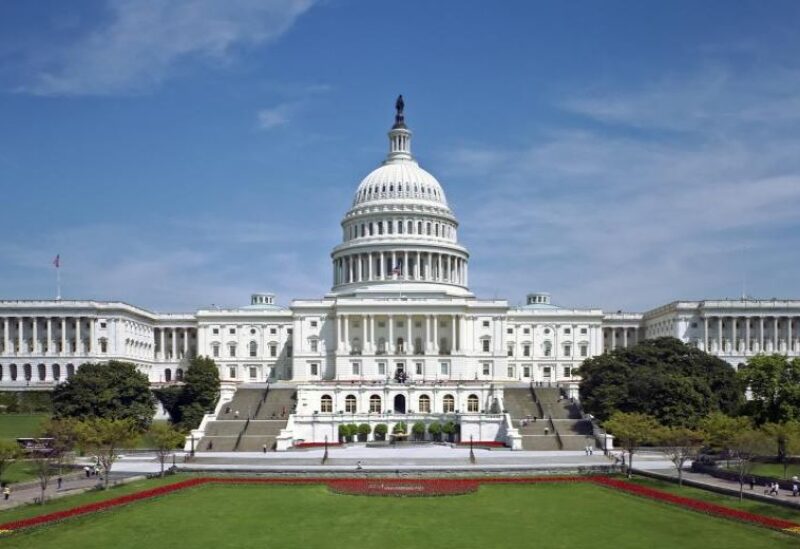
US Capitol building
The US Senate overwhelmingly approved a version of the National Defense Authorization Act, or NDAA, on Wednesday that authorizes $770 billion in defense expenditure, $25 billion more than President Joe Biden sought, sending the package to the White House for approval.
The vote was 89-10, with both Democrats and Republicans strongly supporting the yearly legislation that sets policy for the Department of Defense. Last Monday, the House of Representatives passed it by a vote of 363-70.
The law is anticipated to be signed by Biden, but the White House did not reply to requests for comment on its approval on Wednesday.
The National Defense Authorization Act (NDAA) is keenly monitored by a wide spectrum of business and other interests since it is one of the few significant pieces of legislation that enters law each year and handles a wide range of topics.
The NDAA has become law every year for six decades.
The fiscal 2022 NDAA, which authorizes nearly 5% higher military expenditure than last year, is a compromise reached after heated discussions between House and Senate Democrats and Republicans were stymied by disagreements over China and Russia policy.
It includes a 2.7 percent wage raise for troops, new planes and Navy ships, and methods for dealing with geopolitical concerns, particularly Russia and China.
The NDAA includes $300 million for the Ukraine Security Assistance Initiative, which offers military assistance to Ukraine, $4 billion for the European Defense Initiative, and $150 million for Baltic security cooperation.
Concerning China, the bill includes $7.1 billion for the Pacific Deterrence Initiative, a pledge of congressional support for Taiwan’s security, and a prohibition on the Department of Defense purchasing items made using forced labor in China’s Xinjiang area.
It also involves a revamp of the military justice system, which would remove decisions on whether to pursue rape, sexual assault, and other significant offenses from the hands of military leaders.
Because it did not deprive military commanders of the right to pursue all offences, the reform constituted a partial win for activists. It comes after campaigners headed by Democratic Senator Kirsten Gillibrand fought for years to alter the system in response to thousands of allegations of sexual assault among military members, many of which go unpunished.
Some elements featured in previous drafts of the law have been removed, including one that would have obliged women to register for the military draft. The plan was met with significant resistance from a small group of socially conservative Republican members who feared it would undermine conventional gender roles, threatening to stall the entire NDAA.